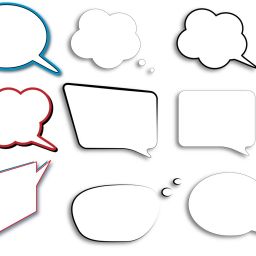The most important thing is that you know why you want to learn it. Do you want to communicate with your Russian relatives? Do you need Russian for your job? Whatever the reason may be, when you have a clear goal, it will be easier for you. So, how to start learning Russian?
During my 10-year experience as a Russian teacher, I designed the system for giving materials, which is the easiest for students. The sequence is logical and I give you the amount of grammar and vocabulary you can digest, adjusted to your personal capabilities, time and priorities.
- The Russian alphabet
We learn how letters are written and how they are pronounced.
As you know, the Russian alphabet is Cyrillic. In the beginning, it may look overwhelming, but it isn’t complicated. How difficult it will be for you depends on your mother tongue.
For instance, Russian has 5 vowels, with no differentiation between short and long vowels, while English has 12 vowel sounds (7 short, 5 long) and 8 diphthongs. Do you see it? It is not so difficult.
- Grammar
Firstly, we learn is verbs. We learn the present, past and future simple tense. In Russian, we don’t have continuous and perfect tenses. It means that, when you learn these three tenses, you can talk about different points of time. I will explain to you the verbal aspect and you will have a broad picture of the Russian verb system. It is based on the aspect: actions are either completed or not completed. Of course, we practice it together. When you feel confident about using verbs, we learn cases, step-by-step. There are six cases in Russian, but don’t be scared. They are pretty logical, with a very few exceptions. We learn them one by one, singular and then plural.
- Vocabulary
We learn the most frequent words that you use every day, like verbs to read, to write, to listen, etc. We learn vocabulary about food, films, sport, and other topics that are interesting to you. We learn these words in the real-life context, so that you can start using them immediately in your everyday life.
















